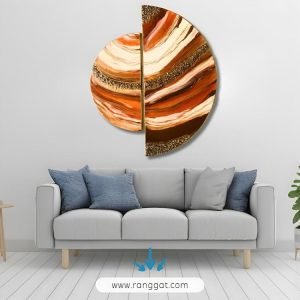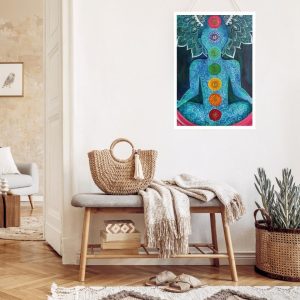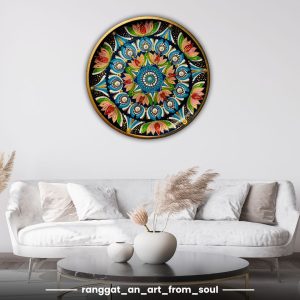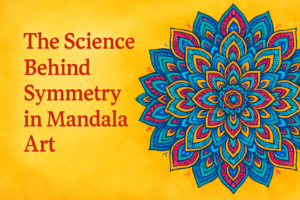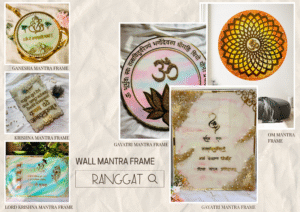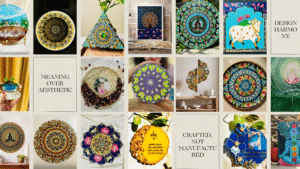Our emotions, perceptions, and behaviors are greatly influenced by color. Knowing the psychology of color in art and interior design helps in the creation of environments and objects that evoke particular emotions and fulfill important functions.
Colors and Their Emotional Impact
1) Red
A bold, energizing color associated with enthusiasm, energy, and passion. Although it can add a lively ambiance to decor, it should be used sparingly in areas like bedrooms that are meant for relaxation.
2) Blue
Blue is a quiet and peaceful color that is linked with focus, trust, and harmony. It promotes calm and productivity and is frequently used in bedrooms and offices.
3) Yellow
Yellow shows a space and lifts spirits since it symbolizes joy and optimism. But too much may cause worry or overstimulation.
4) Green
Green is well-known for its association with nature and for bringing harmony, balance, and freshness. It looks good in living rooms or other areas where peace is necessary.
5) Purple
Purple gives depth and richness and is a symbol of wealth and creativity. Darker purples (royal purple) suggest luxury, whereas lighter purples (lavender) can be calming.
6) Neutral Colors
Colors that express simplicity, cleanliness, and sophistication include beige, gray, and white. They make great backgrounds that highlight accent colors.
Color in Art
Color is purposefully used by artists to tell stories and evoke feelings. While a cool palette could promote reflection or melancholy, a warm palette can create feelings of warmth or delight. Unlike similar colors, which create harmony, complementary colors create contrast.
Using Color in Decor
Colors in interior design have an impact on a space’s atmosphere. For example:
- Warm colors are frequently used in living rooms to promote interaction and coziness.
- Vibrant colors like red or yellow work well in kitchens to create focus.
- Cool colors are frequently used in bedrooms and bathrooms to enhance calm.
The influence of color on the mind is strong. Carefully chosen color schemes, whether in interior design or art, may heighten experiences, cause desired feelings, and change a space. By matching colors to their intended use, you can make works of art and environments that have an immense effect.

